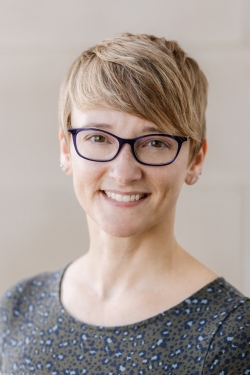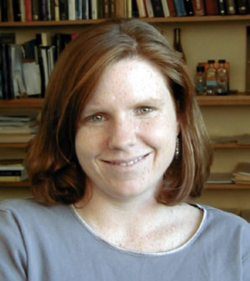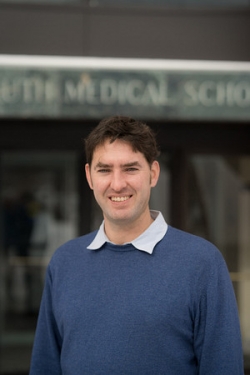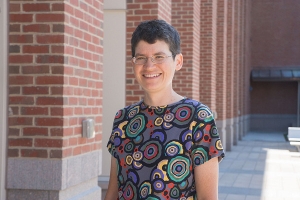Jennifer Bomberger, Ph.D.
lrd_upitt_jen_bomberger-1-2.jpg

Professor of Microbiology and Immunology
Geisel School of Medicine
Office: 507A Vail
Phone:
My laboratory's research examines the interaction between bacterial and viral pathogens in the respiratory tract, particularly in the setting of chronic lung diseases, like Cystic Fibrosis (CF). Current studies in the lab are focused on elucidating molecular mechanisms that govern the innate immune induction of biofilm growth in the lung. Translating the laboratory's bench studies to the bedside, our team collaborates with physicians in Otolaryngology and Pulmonary Medicine to examine viral-bacterial interactions in the upper and lower respiratory tracts of patients with chronic lung disease. We use a combination of live-cell imaging, microbiological, cell biological and cutting-edge genomics approaches with the long-term goal of identifying new therapeutic targets to disrupt and/or prevent the chronic Pseudomonas aeruginosa biofilm infections that are so devastating to people with CF.







